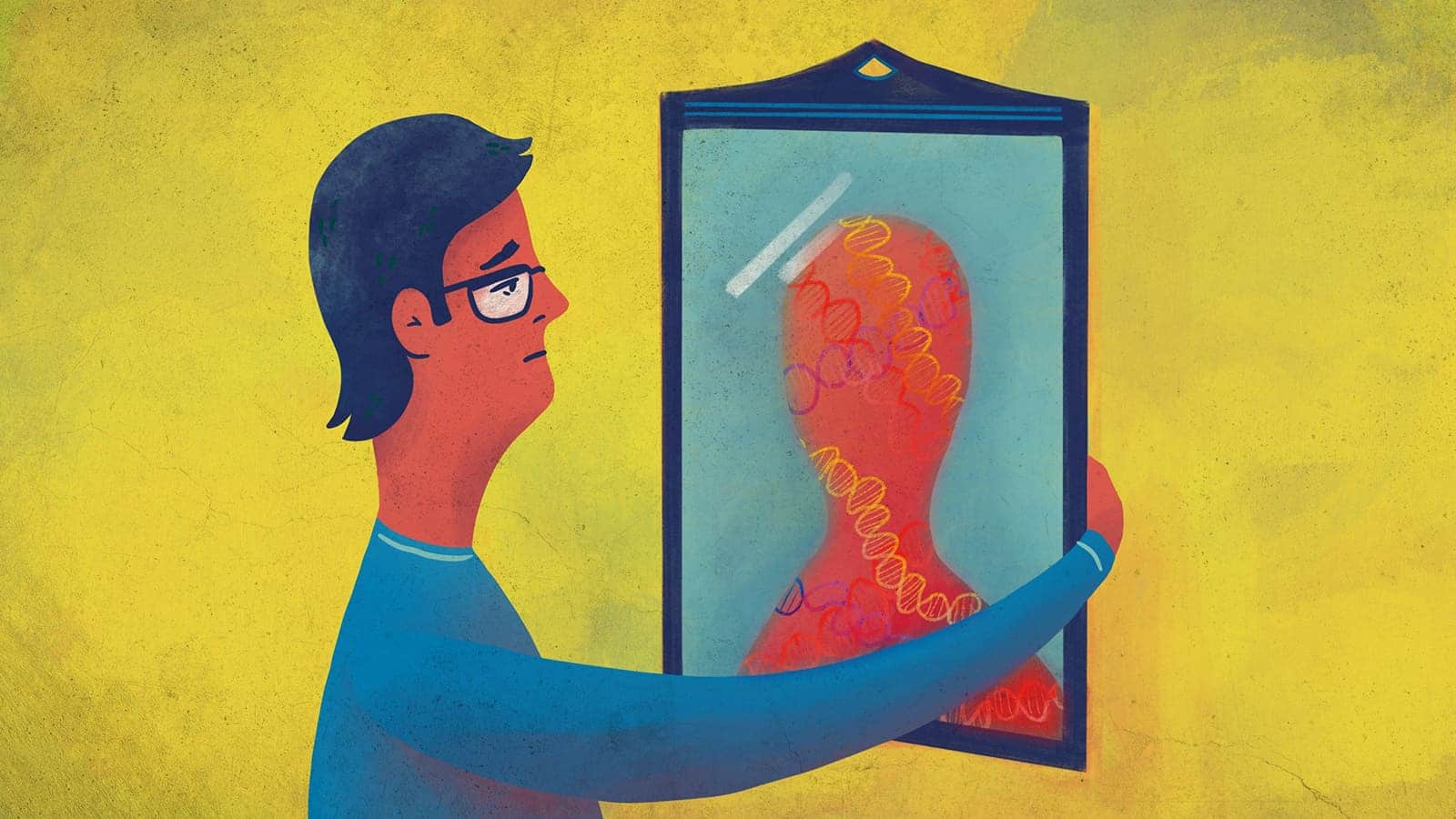A 2021 Ohio State University study reveals a strong link between narcissism and aggression. Researchers performed a comprehensive analysis of 437 global studies and found that narcissism also increases the risk for violence.
They determined an association between narcissism and aggression across all dimensions of narcissism and various aggressive behaviors. The study yielded similar results regardless of gender, age, birth country, or education levels.
Also, even individuals who didn’t suffer from pathological narcissism showed higher aggression levels. In other words, narcissism within a normal range still correlates with aggression.
“It is a pretty straightforward message: Narcissism is a significant risk factor for aggressive and violent behavior across the board,” said Brad Bushman, co-author of the study and professor of communication at The Ohio State University.
Sophie Kjaervik, a graduate student in communication at Ohio State, led the study. It was published in the journal Psychological Bulletin.
“The link we found between narcissism and aggression was significant — it was not trivial in size,” Kjaervik said. “The findings have important real-world implications.”
Researchers Reveal the Connection Between Narcissism and Aggression
The research team compiled and investigated data across many studies to perform a comprehensive analysis. In the meta-analysis, they poured over data from 437 independent studies that included 123,043 participants.
According to Bushman, one of the hallmarks of narcissism is having an inflated ego. Narcissists also have a sense of entitlement, the constant need for admiration, lack of empathy, and may act arrogant or manipulative.
Two Primary Types of Narcissism
There are also two types of narcissistic behavior: grandiose (individuals with high self-esteem) and vulnerable (those with low self-esteem). We’ll go over the traits of each below.
Grandiose Narcissism
People who exhibit this behavior are the following:
- aggressive
- dominant
- self-confident
- lacking empathy and sensitivity
- even more self-centered than vulnerable types
- the product of a childhood where parents instilled them with a superiority complex
Vulnerable Narcissism
Those who portray this behavior tend to act:
- more sensitive
- inadequate
- either superior or inferior depending on the mood
- offended or anxious when others aren’t praising them
- protective of themselves because of childhood neglect or abuse
Regardless of the type of narcissism, the researchers found an association between them and higher aggression levels. Types of aggression measured in the studies included physical, verbal, direct or indirect, bullying, and being taken out on innocent people.
“Individuals who are high in narcissism are not particularly picky when it comes to how they attack others,” Kjaervik said.
The findings revealed that online and offline bullying had ties to narcissist behavior.
“That’s a highly important finding now that we live in an online world,” she said.
Bushman said that people with high levels of narcissism lashed out to others more often and had a “cold, deliberate and proactive” approach to their aggression.
The Dangers of Narcissism
The study also found that people high in narcissism had more aggressive traits, even when unprovoked. However, the risk for aggression increased when they felt instigated, such as being insulted or ignored.
One surprising finding researchers made was that narcissism had almost as strong a link to violence as it did to milder aggressive acts. Bushman says that violence isn’t as expected and is more challenging to predict than less severe types of aggression. In the study, researchers defined violence as the intention to inflict physical harm on others, such as injury or death.
He added that the results match other findings implying that narcissism may play a role in severely violent acts such as mass shootings. Some people believe that the link between narcissism and aggression is more vital in more individualistic, atomized countries like the US. However, the findings discovered a link between narcissism and aggression even in collectivist nations.
They found similar results whether the research participants attended college or lived in the more significant population.
Bushman added that these results don’t just apply to people diagnosed with narcissistic personality disorder (NPD). Since almost everyone falls somewhere on the spectrum of narcissism, it’s probable that most people will show aggression at some point. Of course, those with pathological narcissism tend to have the highest levels of aggression and act out more frequently.
“All of us are prone to being more aggressive when we are more narcissistic,” Bushman said.
He said another distinctive finding from the study was how narcissists react when they feel threatened.
“Our results suggest provocation is a key moderator of the link between narcissism and aggression,” Bushman said.
“Those who are high in narcissism have thin skins, and they will lash out if they feel ignored or disrespected.”
Tips on Dealing With Narcissists and Aggression
- Watch out for “love bombing.” If you’re dating a narcissist, they may initially shower you with affection and attention. This isn’t always negative, but a narcissist will use this tactic to lure you deeper into the relationship. They may seem friendly, but keep your guard up; it’s disguised toxicity.
- Know your self-worth. Narcissists prey on people with fragile self-esteem or those with an empathetic nature. Having compassion for others is hardly a character flaw, but some people will take advantage of your kindness. You’re less likely to fall victim to a narcissist if you’re self-confident and don’t need validation from others.
- Leave the situation, if possible. Narcissists can get better, but only if they seek help. Remaining in a relationship or living with an unhealed narcissist will only cause you mental or even physical harm.
However, we’d like to add that we’re not here to bash people with a genuine mental disorder. Narcissists usually have a troubled past and childhood and deserve help as much as anyone else.
Final Thoughts on the Link Between Narcissism and Aggression
A recent Ohio State University study found a strong association between high levels of narcissism and aggression. They examined 437 independent studies worldwide and discovered similar results in various age groups, genders, birth countries, and education levels. Troublingly, they also determined a link between narcissism and more significant instances of violence.
This isn’t to say that all narcissists will act aggressive and violent, but it’s something to watch out for when dealing with narcissistic personalities.





















